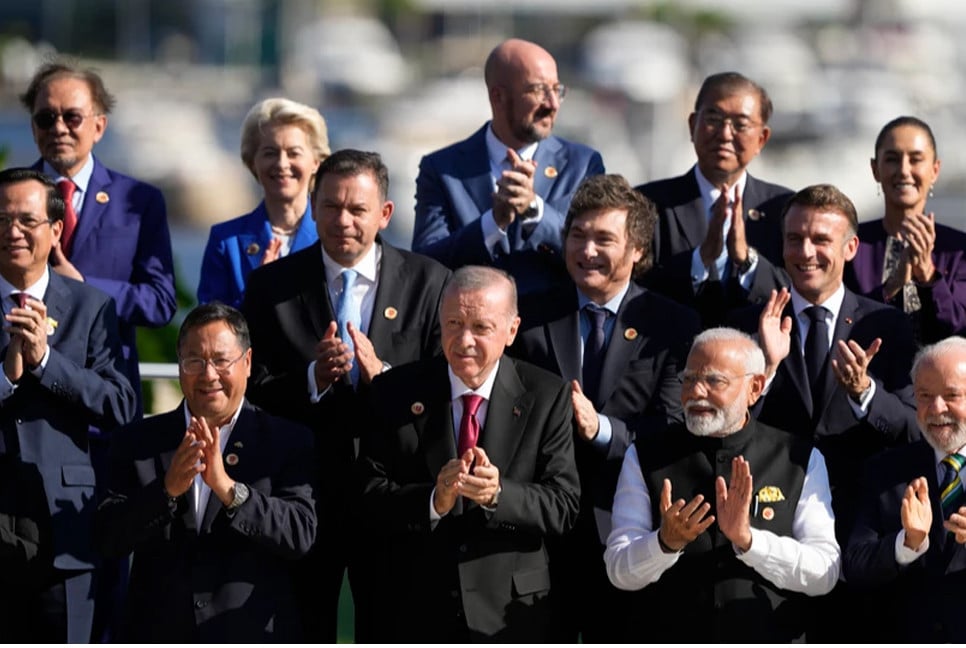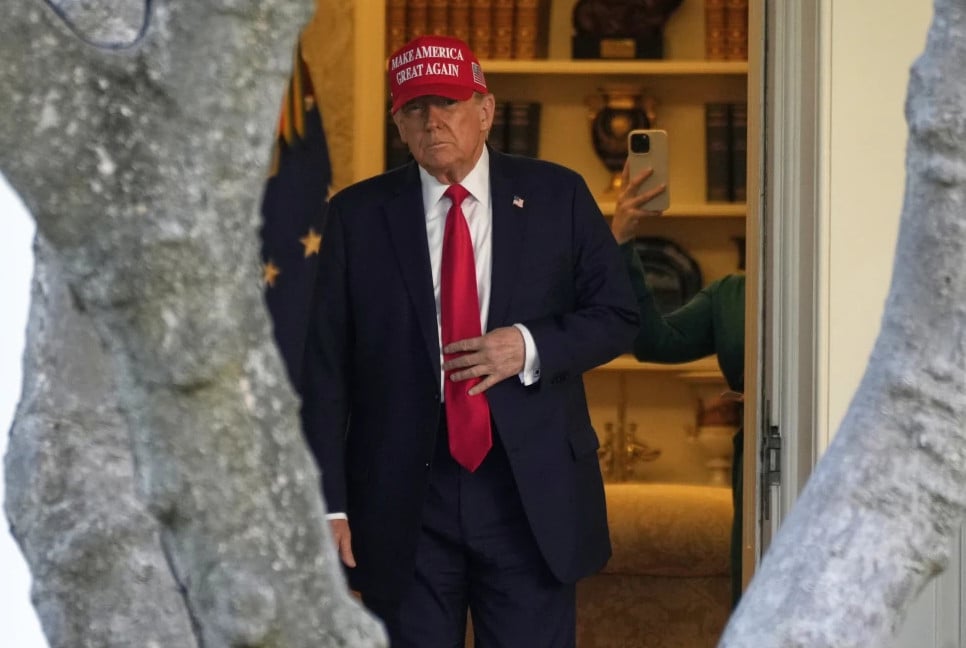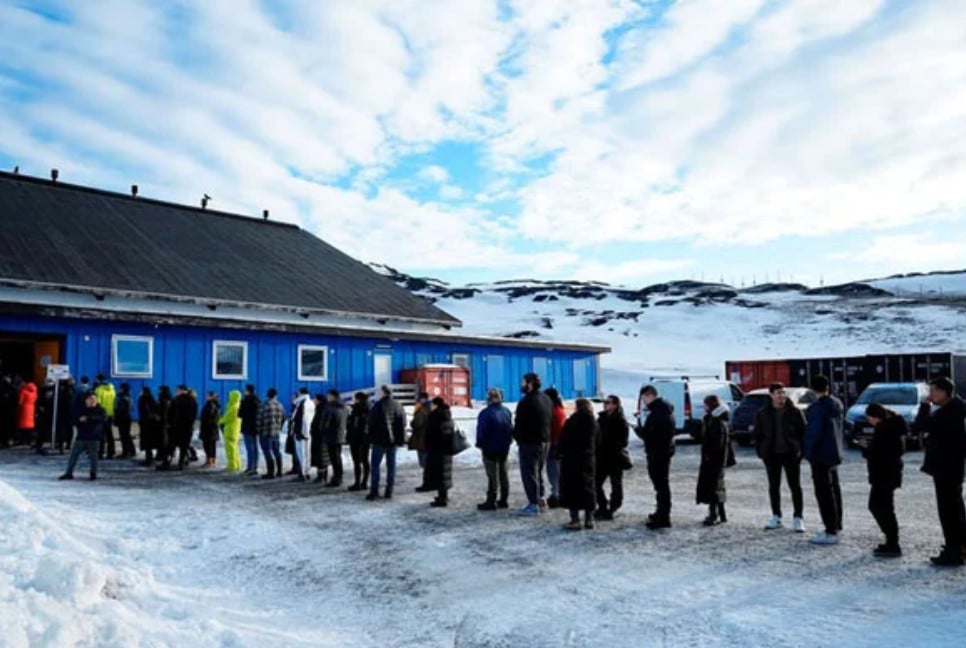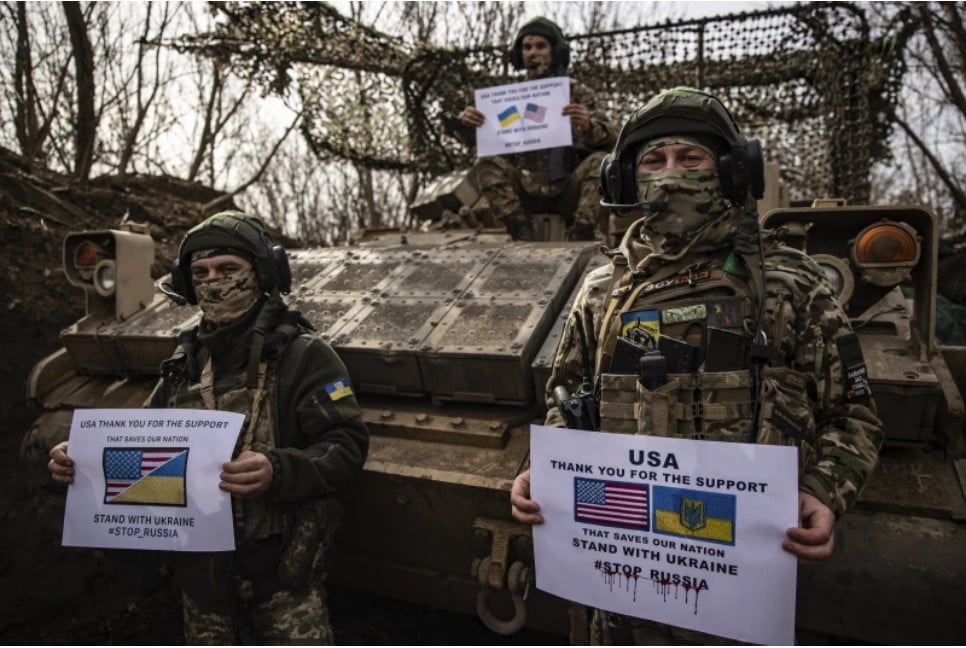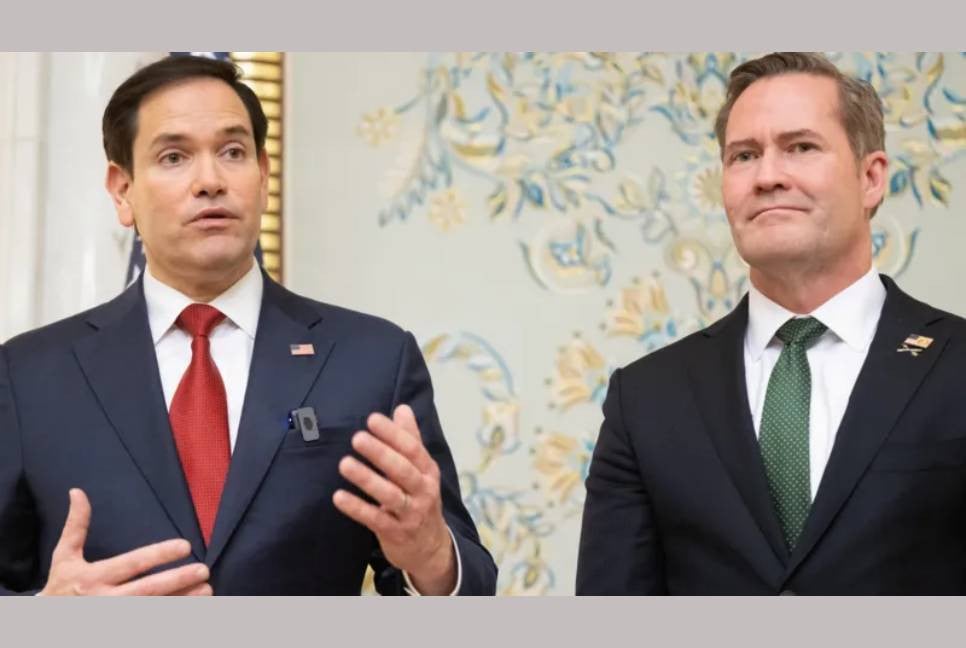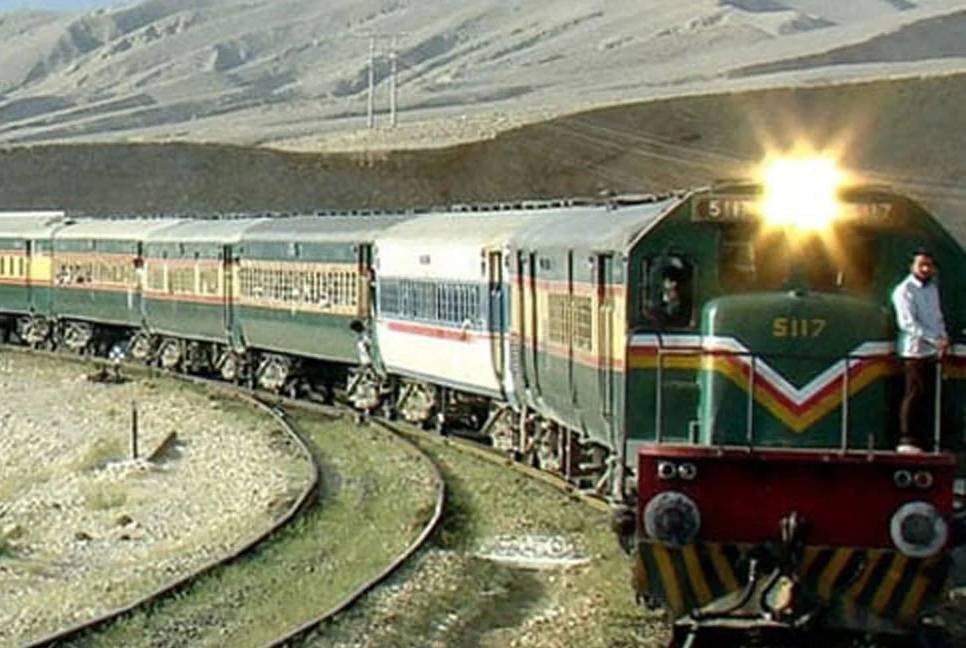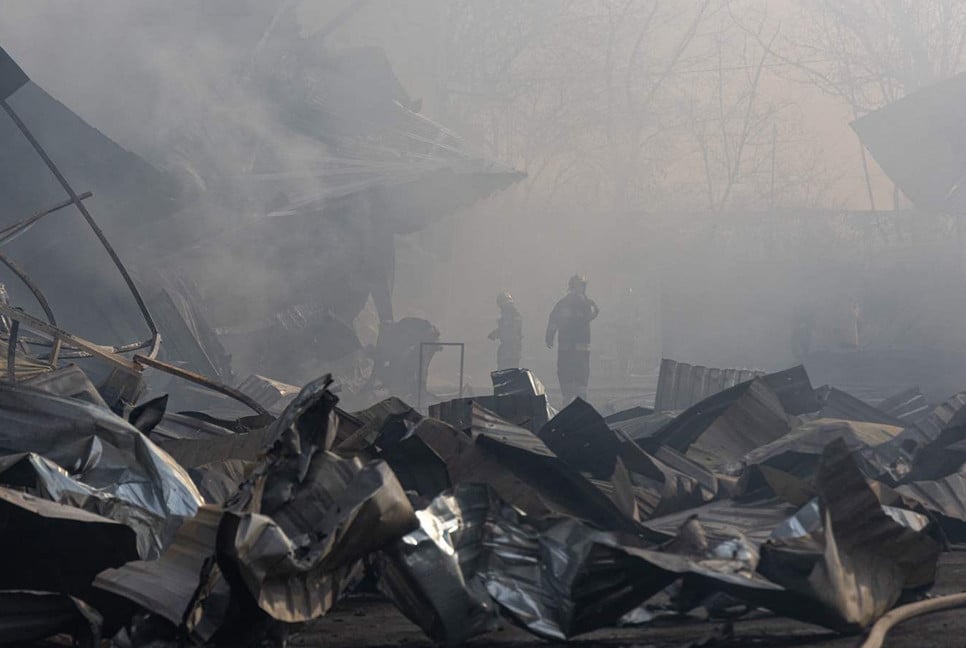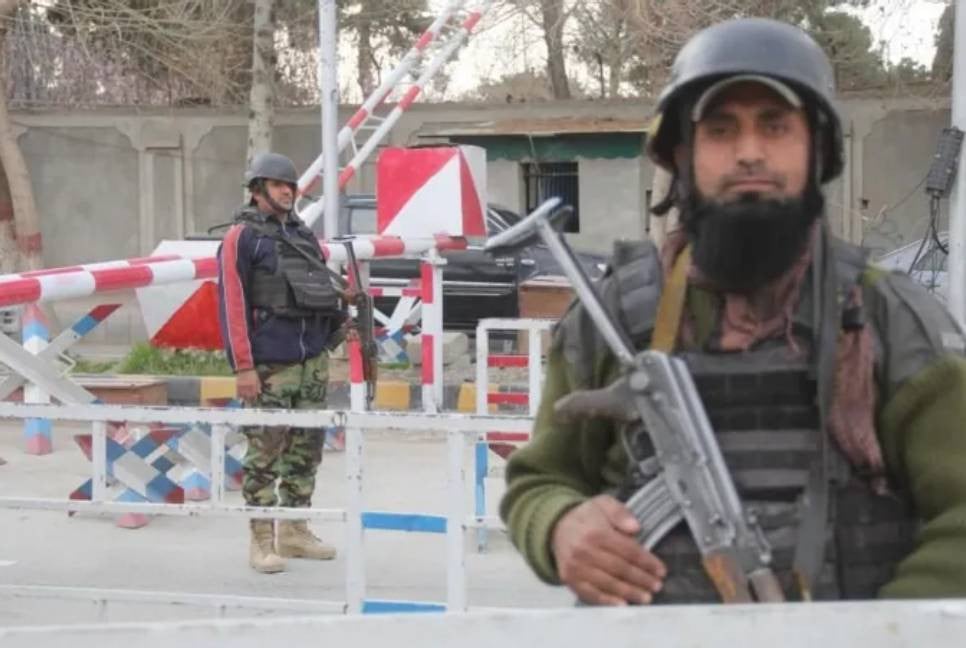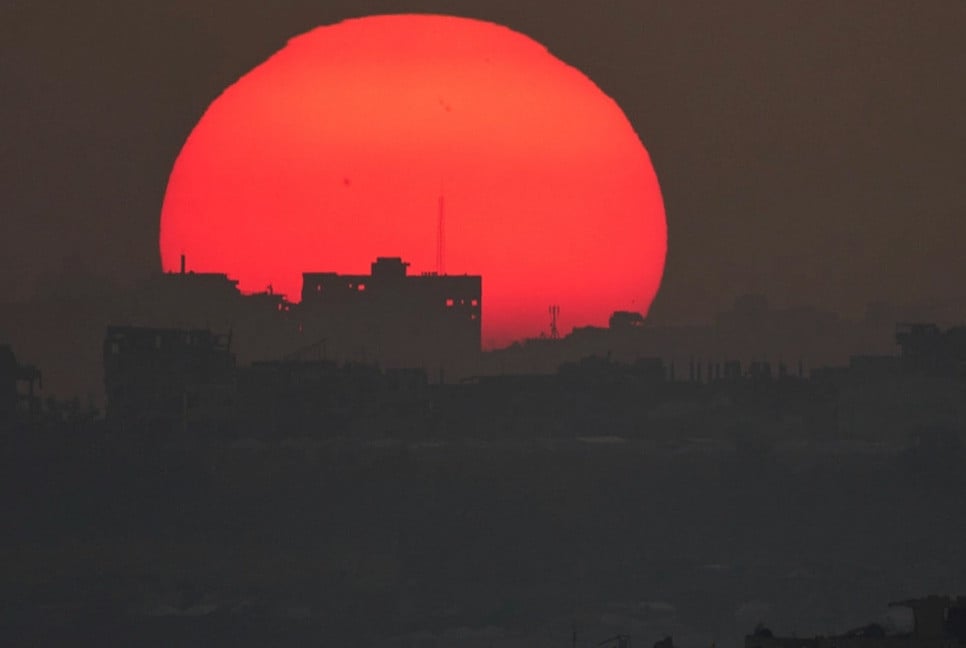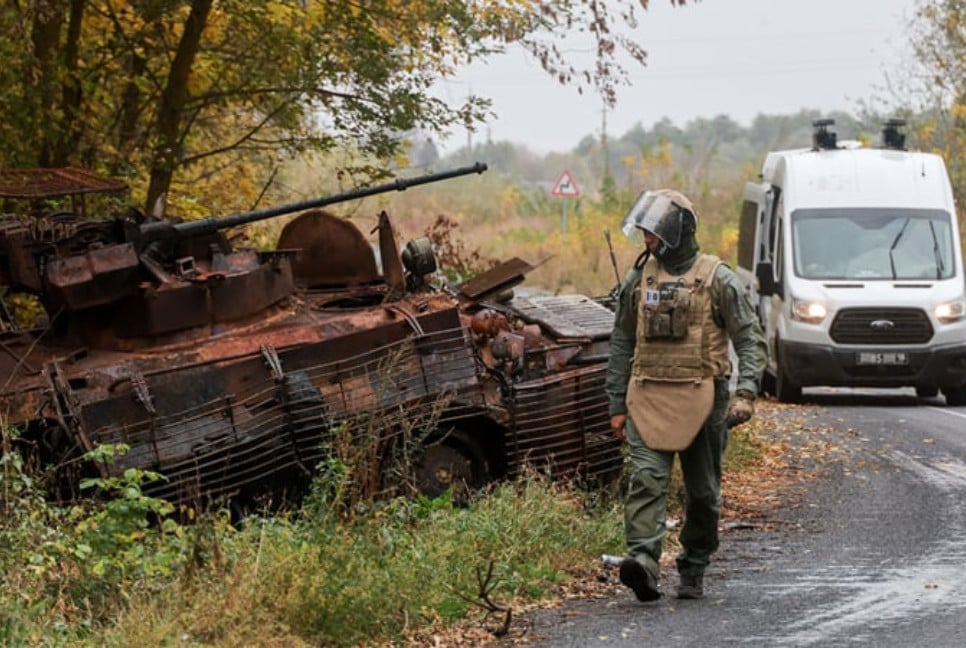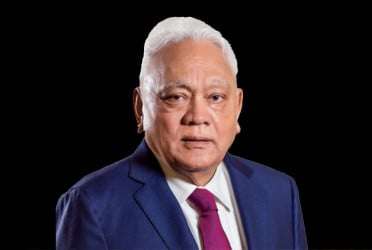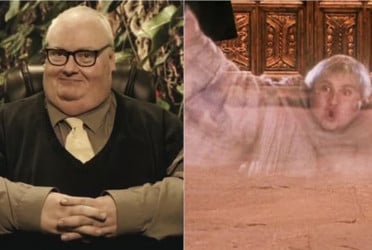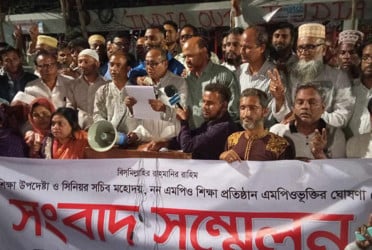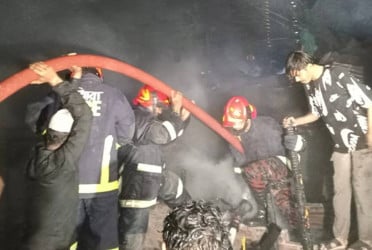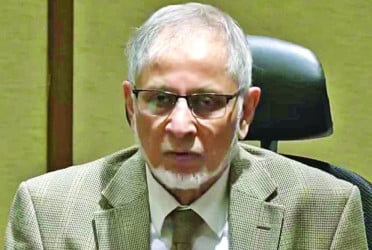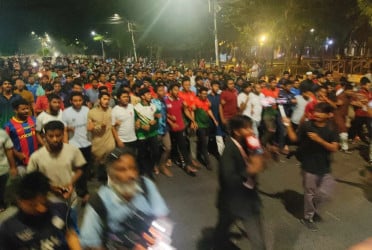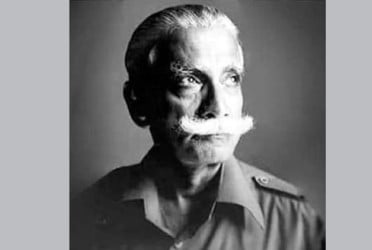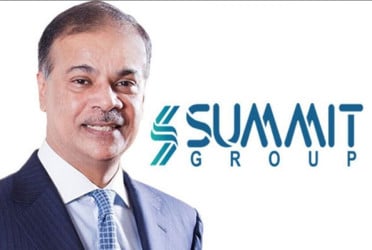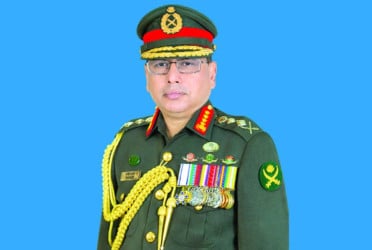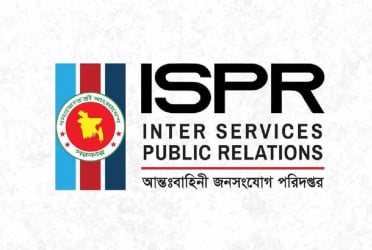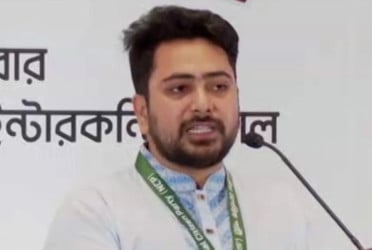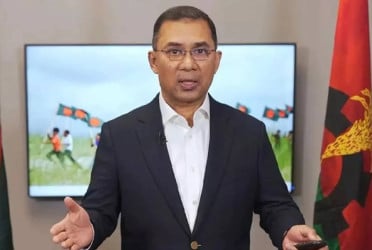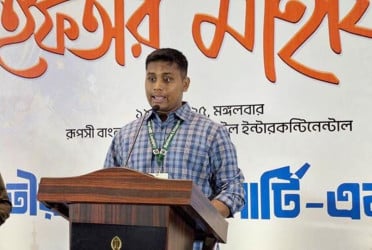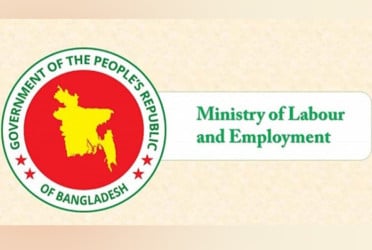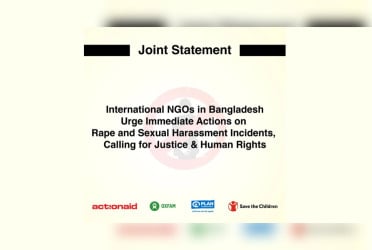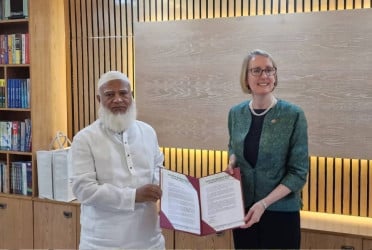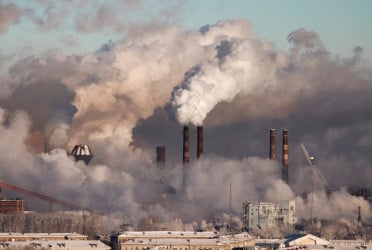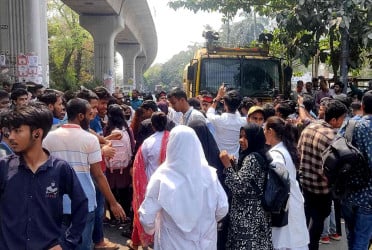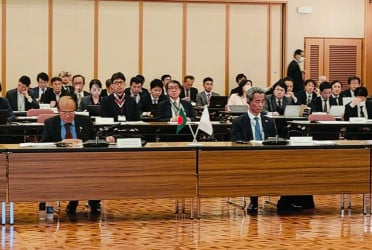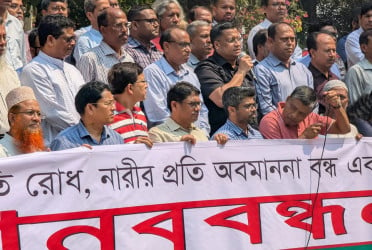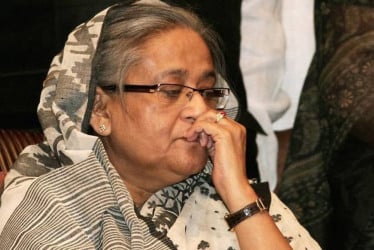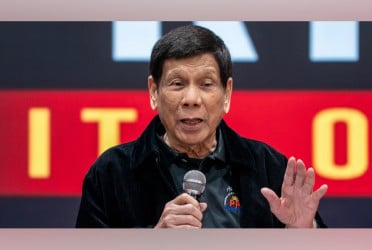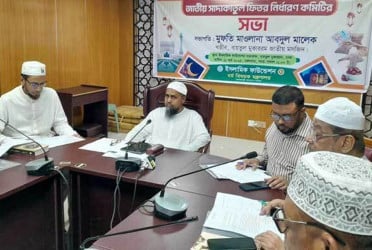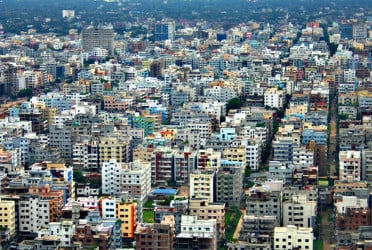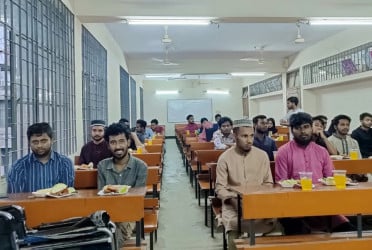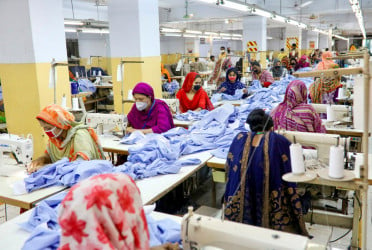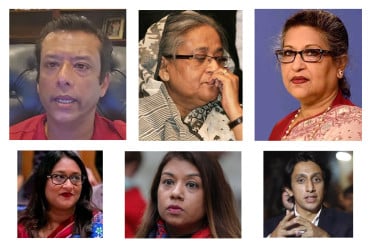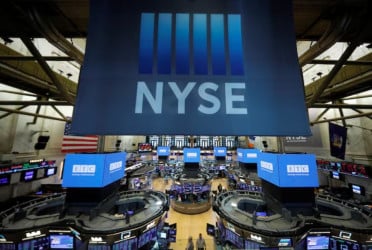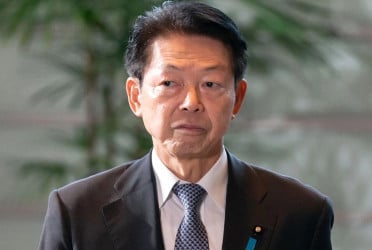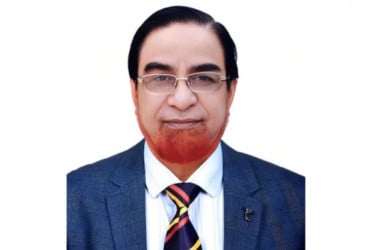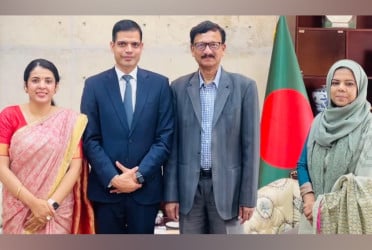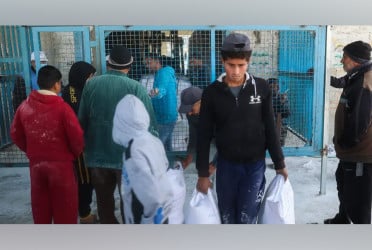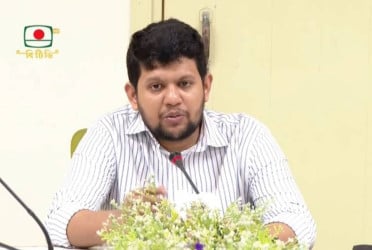Leaders of the world’s 20 largest economies have called for a global agreement to combat hunger, increased humanitarian aid for Gaza, and an end to hostilities in both the Middle East and Ukraine. The leaders issued a joint declaration on Monday that emphasized these priorities but offered few specifics on how to achieve them.
While the statement was endorsed by all group members, it did not reach complete unanimity. The declaration also included calls for a future global tax on billionaires and proposed reforms aimed at expanding the United Nations Security Council beyond its current five permanent members.
At the outset of the three-day G20 summit, which formally concludes on Wednesday, experts expressed skepticism about Brazilian President Luiz Inácio Lula da Silva's ability to secure any concrete agreements from the gathered leaders. The summit was held amid uncertainty surrounding the incoming administration of U.S. President-elect Donald Trump and escalating global tensions, particularly due to ongoing conflicts in the Middle East and Ukraine.
Argentina raised objections to some of the language in the initial drafts of the joint statement and was the only country that did not fully endorse the final document.
While the G20 summit’s joint declaration remained broad in its language, many considered it a positive outcome for Brazil, which had faced challenges in getting leaders to reach any agreement. "Although generic, it is a positive surprise for Brazil," said Thomas Traumann, an independent political consultant and former Brazilian minister. "There was a moment when there was a risk of no declaration at all. Despite the caveats, it is a good result for Lula."
The declaration included strong condemnations of ongoing wars and calls for peace but stopped short of assigning blame. With the summit taking place just over a year after the October 7 Hamas attack on Israel, the statement expressed deep concern over the “catastrophic humanitarian situation in Gaza and the escalation in Lebanon.” It stressed the urgent need for increased humanitarian assistance and better protection of civilians.
The declaration also affirmed the Palestinian right to self-determination, reiterating support for the vision of a two-state solution, where Israel and a Palestinian state coexist peacefully. "Affirming the Palestinian right to self-determination, we reiterate our unwavering commitment to the vision of the two-state solution where Israel and a Palestinian state live side by side in peace," the statement read.
The G20 summit’s joint declaration on the Middle East conflict did not include any mention of Israel’s suffering or the approximately 100 hostages still held by Hamas. While Israel is not a G20 member, the omission of these points stood in contrast to U.S. President Joe Biden’s firm stance on Israel’s right to defend itself. Biden, who consistently emphasizes Israel’s right to security even while acknowledging the hardships faced by Palestinians, reiterated his support during a meeting with fellow leaders before the finalization of the declaration.
The war, which has caused devastating losses on both sides, has already claimed the lives of more than 43,000 Palestinians in Gaza, according to local health officials, and over 3,500 people in Lebanon following Israel’s offensive against Hezbollah, as reported by Lebanon’s Health Ministry.
During the meeting, Biden asserted that Hamas was solely responsible for the conflict and urged his counterparts to "increase the pressure on Hamas" to agree to a cease-fire deal. However, the G20 declaration did not specifically address Israel's distress, focusing instead on the humanitarian situation in Gaza and Lebanon, while reiterating calls for peace and a two-state solution.
U.S. President Joe Biden’s decision to ease restrictions on Ukraine’s use of longer-range U.S. missiles—allowing the country to target deeper inside Russia—was a key point of discussion at the G20 summit.
"The United States strongly supports Ukraine’s sovereignty and territorial integrity. Everyone around this table in my view should, as well," Biden declared during the meeting, emphasizing the importance of unified support for Ukraine.
Russian President Vladimir Putin did not attend the summit, sending Foreign Minister Sergey Lavrov in his place. Putin has avoided such international gatherings since the International Criminal Court issued a warrant for his arrest, obligating member states to apprehend him.
While the G20 declaration acknowledged the immense human suffering caused by the ongoing conflict in Ukraine, it refrained from specifically naming Russia. Instead, the statement called for peace and highlighted the humanitarian crisis, underscoring the global consensus on the need for an end to hostilities.
The G20 summit’s joint declaration has come under criticism for its vague language and avoidance of directly assigning blame for ongoing conflicts. "The declaration avoids pointing the finger at the culprits," said Paulo Velasco, an international relations professor at the State University of Rio de Janeiro. "That is, it doesn’t make any critical mention of Israel or Russia, but it highlights the dramatic humanitarian situations in both cases."
Velasco also noted that the entire declaration lacked specificity. "It is very much in line with what Brazil hoped for... but if we really analyze it carefully, it is very much a declaration of intent. It is a declaration of goodwill on various issues, but we have very few concrete, tangible measures," he added.
The G20 declaration included a call for a potential global tax on billionaires, a proposal supported by Brazilian President Luiz Inácio Lula da Silva. The tax would target around 3,000 of the world’s wealthiest individuals, including approximately 100 in Latin America.
The inclusion of this clause came despite opposition from Argentina, as well as another provision promoting gender equality, according to Brazilian and other officials who spoke on condition of anonymity due to restrictions on public statements.
Argentina signed the G20 declaration but voiced objections to certain provisions, particularly references to the United Nations’ 2030 Sustainable Development Agenda. President Javier Milei, a right-wing leader, has criticized the agenda as “a supranational program of a socialist nature.” Argentina also opposed calls for regulating hate speech on social media, which Milei argues infringes on national sovereignty, and disagreed with the idea that governments should do more to combat hunger.
Milei has often played a disruptive role in multilateral talks, positioning himself as a spoiler in discussions led by his outspoken critic, Brazilian President Luiz Inácio Lula da Silva.
The declaration, however, placed a strong emphasis on fighting global hunger—an issue that remains a top priority for Lula’s administration.
Brazil’s government emphasized that President Luiz Inácio Lula da Silva’s launch of a global alliance against hunger and poverty on Monday was just as significant as the final G20 declaration. By that day, 82 nations had signed onto the initiative, which has garnered support from organizations such as the Rockefeller Foundation and the Bill & Melinda Gates Foundation.
In a powerful visual protest on Sunday, 733 empty plates were arranged across Rio's Copacabana beach to symbolize the 733 million people who went hungry in 2023, according to United Nations data.
Viviana Santiago, a director at the anti-poverty nonprofit Oxfam, praised Brazil for using its G20 presidency to address global demands for action on extreme inequality, hunger, and climate change. She also highlighted the country’s efforts to push for a tax on the super-rich.
"Brazil has lit a path toward a more just and resilient world, challenging others to meet them at this critical juncture," Santiago said in a statement.
G20 leaders have committed to pushing for "transformative reform" of the U.N. Security Council to ensure it better reflects "the realities and demands of the 21st century," aiming to make it more representative, inclusive, efficient, effective, democratic, and accountable.
Brazilian President Luiz Inácio Lula da Silva has long advocated for reform of the Security Council, a position he has championed since his first two terms in office from 2003 to 2010, though without significant success. The Security Council, responsible for maintaining international peace and security, has maintained its original structure since its establishment in 1945. The five permanent members— the U.S., Russia, China, Britain, and France— hold veto power, while 10 other countries serve rotating two-year terms.
Nearly eight decades after the establishment of the United Nations, there is widespread agreement among countries that the U.N. Security Council should be expanded to better reflect the global landscape of the 21st century and include more diverse voices. However, the central challenge remains how to achieve that expansion. The G20 declaration, while supporting reform, did not provide a clear solution to the contentious issue.
“We call for an enlarged Security Council composition that improves the representation of the underrepresented and unrepresented regions and groups, such as Africa, Asia-Pacific, and Latin America and the Caribbean,” the declaration stated.
Ahead of a U.N. summit in September, the United States announced its support for two new permanent seats for African countries, though without veto power, and a first-ever non-permanent seat for a small island developing nation. Meanwhile, the Group of Four—Brazil, Germany, India, and Japan—continue to back each other's bids for permanent seats. On the other hand, the Uniting for Consensus group, which includes countries such as Pakistan, Italy, Turkey, and Mexico, advocates for additional non-permanent seats with longer terms, highlighting the ongoing divisions over how best to reform the Security Council.
(Source: UNB)
BD-Pratidin English/Mazdud

